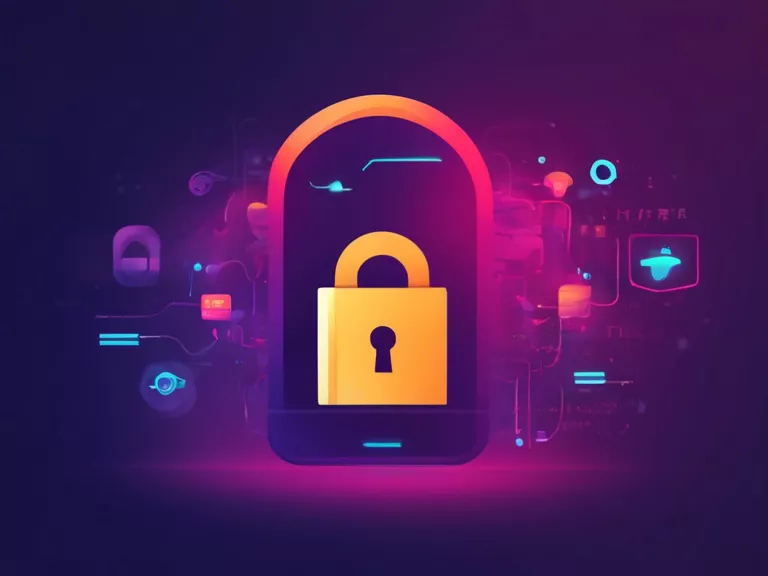
In today's digital age, it is more important than ever to safeguard our sensitive data from prying eyes. With the rise of mobile apps and the increasing amount of personal information we store on our devices, encryption has become a valuable tool in protecting our privacy. In this article, we will explore how to secure your sensitive data using encryption in mobile apps.
Encryption is the process of encoding information in such a way that only authorized parties can access it. By encrypting your data, you can prevent unauthorized access and keep your information safe from hackers and cybercriminals. In the world of mobile apps, encryption plays a crucial role in protecting user data and ensuring privacy.
One of the most common ways to secure sensitive data in mobile apps is through the use of encryption algorithms. These algorithms scramble the data into an unreadable format, which can only be deciphered with a specific key. By implementing encryption algorithms in your mobile app, you can make it nearly impossible for hackers to access and steal sensitive information.
There are several encryption algorithms available for mobile app developers to use, such as AES (Advanced Encryption Standard) and RSA (Rivest-Shamir-Adleman). These algorithms offer different levels of security and encryption strength, allowing you to choose the one that best fits your app's needs.
Additionally, it is important to secure the communication channels between your app and the server using encryption protocols like SSL/TLS. By encrypting the data transmitted between the app and the server, you can prevent man-in-the-middle attacks and ensure that sensitive information remains safe during transmission.
In conclusion, encryption is a powerful tool for securing sensitive data in mobile apps. By incorporating encryption algorithms and protocols into your app's design, you can protect user data and privacy from potential threats. Remember, when it comes to safeguarding sensitive information, encryption is your best defense.



